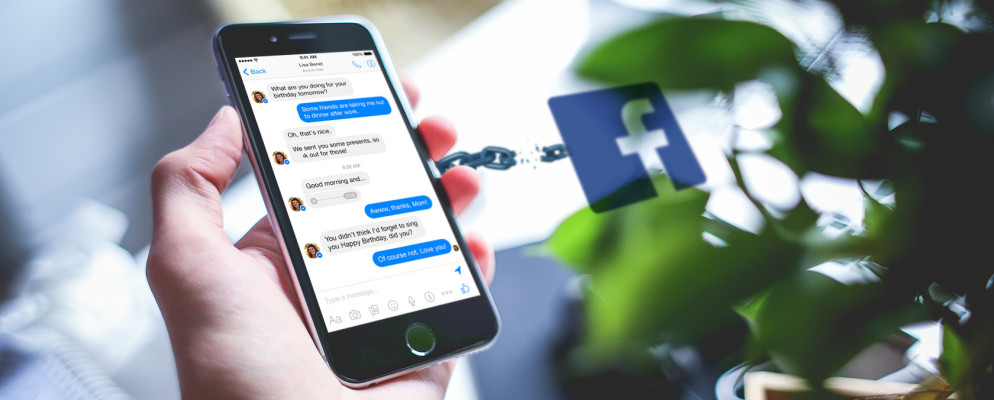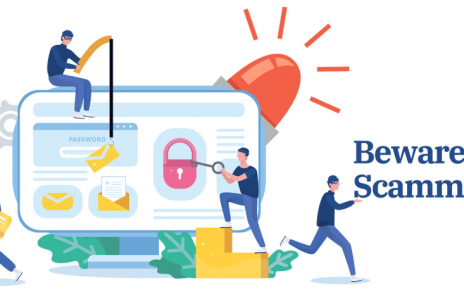Make sure you use social media only for good and keep any sensitive information for your eyes only. In this article from best real money online casinos Australia, there are five things you should never post on social media.
- Travel Plans
Think twice before bragging about your amazing upcoming vacation or posting pictures while on a weekend trip. You never know who could see this information and use it to break into your home. If someone knows where you live and has malicious intent, knowing that you’ll be thousands of miles away for two weeks is an open invitation to rob your home. As a safer alternative, don’t share any details or pictures about your trip until after you return. While this is less exciting, it doesn’t advertise to the world that you’re not at home for an extended period.
- Location Data
In addition to your smartphone tracking your GPS coordinates, your browser also has a general idea of where you are based on your IP address and/or signed-in accounts. This is called geolocation, and it’s often used on social media to tag your post with your current location. Before you post on any social network, check to see if the site adds your location data automatically and disable it before posting. Most of the time, there’s no reason to share your location with everyone who can see the post. Did you also know that most photos contain metadata that shows the exact location where the picture was taken? If you aren’t aware of this, the photos you post on social media could compromise your privacy, courtesy of casino online.
- Personally-Identifying Information
Sites like Facebook are full of valuable data for people who use social engineering to steal your identity on social media. You should therefore avoid sharing information that’s used to verify your identity, such as your full date of birth. Never share photos of your driver’s license, passport, or credit card, which contain personal information that you don’t want to make public. It’s also vital to keep an eye out for the “fun quizzes” that do the rounds on social media every so often. These ask you to answer questions such as where you went to school, what was the name of your first pet, etc. These types of questions are often used as security questions to protect your online accounts. Thus, making these answers public could allows hackers to break into your accounts, so avoid them.
- Personal Complaints and Rants
Social media is not the place to air your personal grievances. If you want to complain about your boss, coworkers, or relatives, social media is a terrible place to do so. It’s likely that someone will see it and let the person know, resulting in a messy situation. A lot of people use their social media accounts as a place to complain, for some reason. As a healthier alternative, why not start a private journal where you can rant all you want? However you choose to do it, keeping your anger off the public square of social media is a smart idea. Note that many companies offer customer service on social media, so this doesn’t apply to getting help with a legitimate complaint.
- Self-Incriminating Evidence
While you definitely don’t want to get fired over a joke or incendiary comment, it’s something else entirely to break the law and leave the evidence on social media for all to see. It’s unlikely that you’ll see any truly heinous crimes admitted to on Facebook or Twitter. However, you may very well come across incidents where people make light of driving drunk or taking selfies on the highway.



